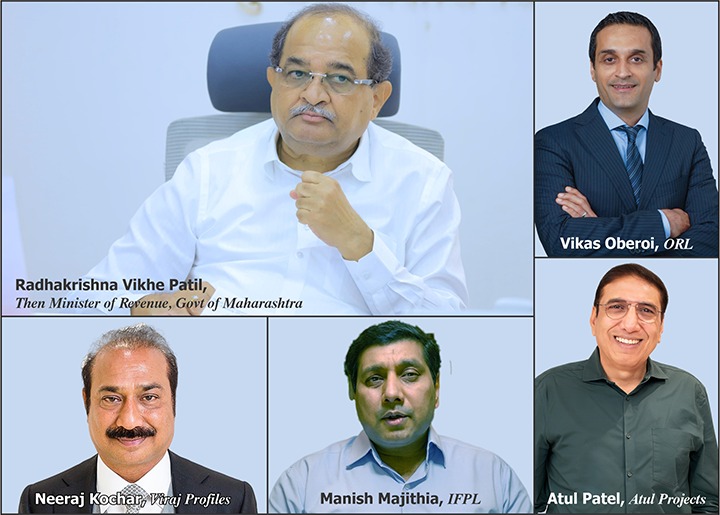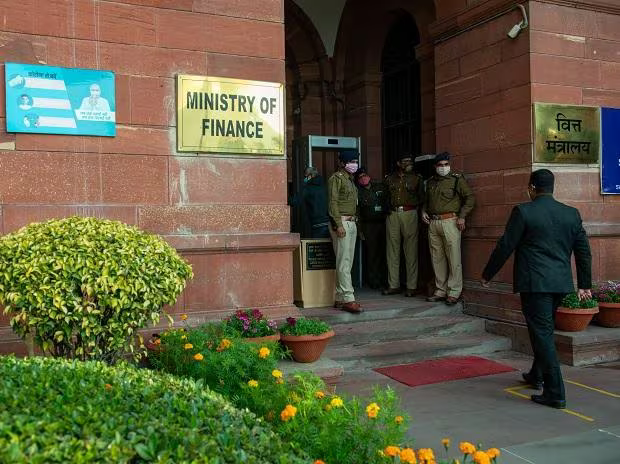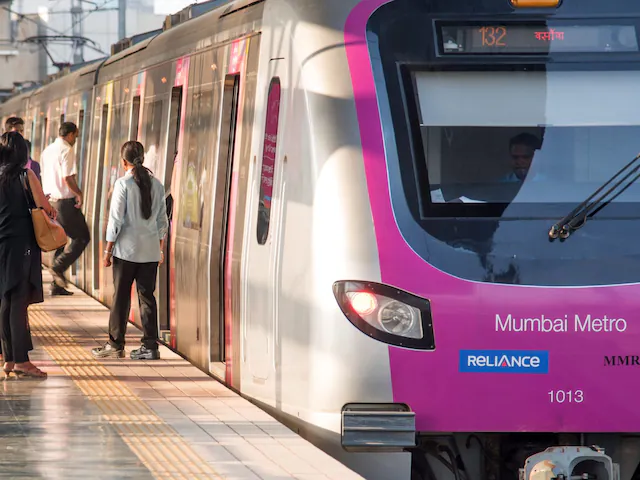Self-healing roads may soon be a reality: NHAI
Roads that repair themselves could soon become a reality in the country, with the National Highways Authority of India (NHAI) beginning work on adopting a new technology for the purpose, said people familiar with the matter.
The technology allows asphalt, used to build roads, to self-heal and address the issue of potholes, one of the key reasons for road accidents and deaths in the country, they said. “We are considering ingenious and unconventional methods to improve durability and to address the issue of potholes,” said a senior government official, who did not wish to be identified.
Asphalt, which has the ability to heal itself once damaged, could provide a solution to the problem of potholes, according to the official.
However, the government will undertake a cost-benefit analysis of the technology before it is adopted, the official said, adding, “This can increase the lifespan of roads and practically eliminate the need for road maintenance, while bringing down traffic disruption.”
India witnessed a 22.6% increase in the number of road accidents due to potholes on national highways in 2022 to 4,446, from 3,625 in 2021, resulting in the death of 1,856 persons, a jump of 25.3% year-on-year.
Asphalt is a mixture of gravel and sand held together by bitumen, a thick, viscous mixture. As roads age, the bitumen wears down and pieces of asphalt erode, causing small cracks that soon balloon into big potholes. The technology helps combat this erosion by allowing asphalt to heal, said the people cited earlier.
Small pieces of steel wool are mixed into the bitumen to make bitumen conductive. Once the asphalt is poured and set, the bitumen can be heated with an induction machine to enable it to rebind with stones and gravel in the asphalt. The road transport and highways ministry has earmarked ₹2,600 crore for road maintenance in 2024-25, the same as the budgetary and revised estimates for 2023-24 but a tad higher than the ₹2,573.66 crore spent in 2022-23.3.











